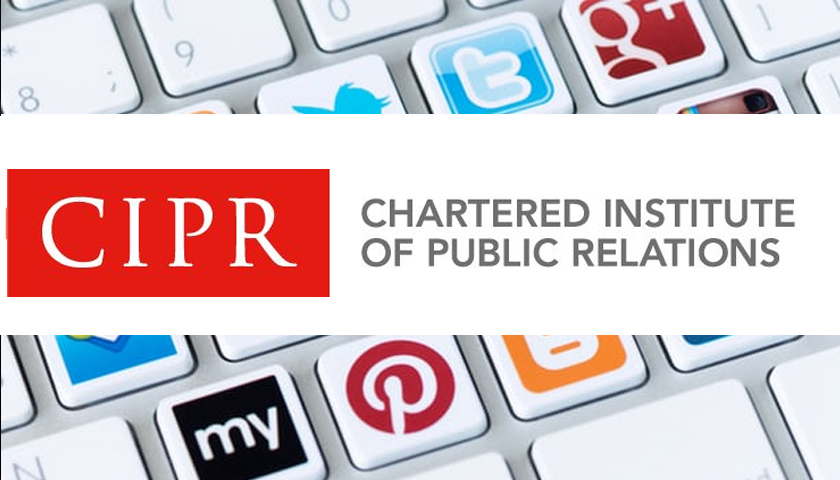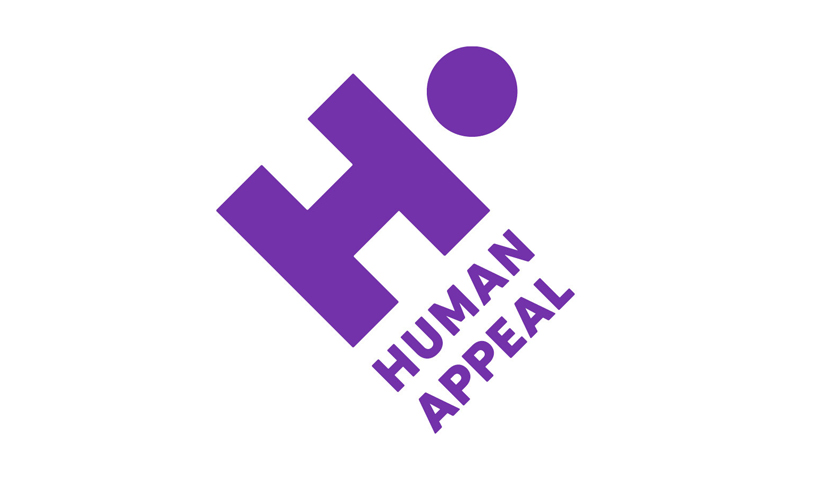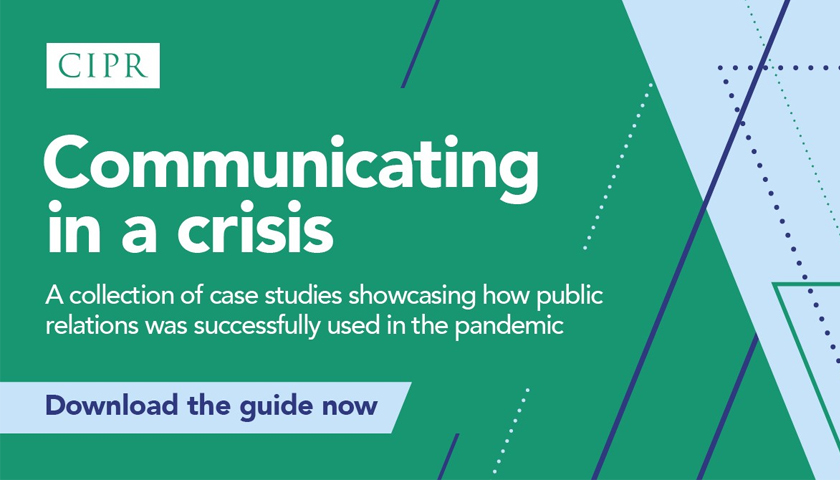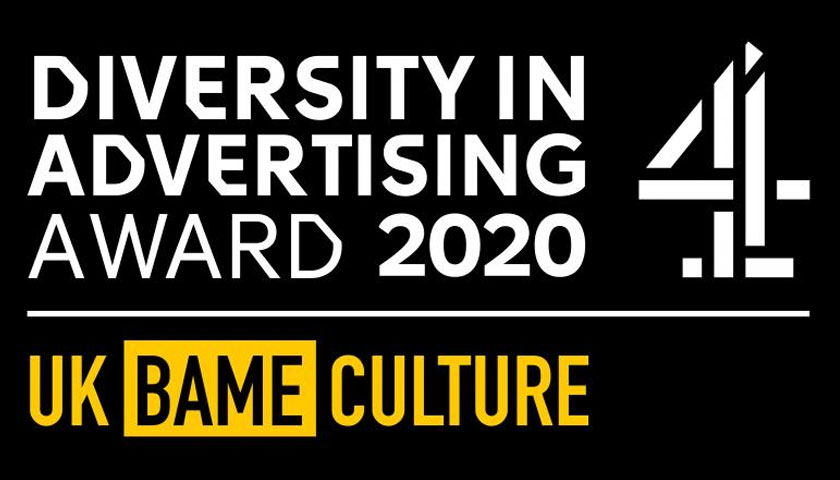A new research report published today by the Chartered Institute of Public Relations (CIPR) finds a public relations industry in which BAME practitioners tell of racism, microaggressions and unconscious biases faced, and having to work within an inflexible culture that denies them opportunities and fair progression.
The report – ‘Race in PR: BAME lived experiences in the UK PR industry’ (below) – is calling on senior PR business leaders to take these findings seriously and work to change practices and cultures to “unleash talent and create a fair and equal workplace for all”.
The research follows the career journey of 17 BAME practitioners and highlights a worrying set of common experiences; a profession in which BAME practitioners speak of being afraid to make mistakes, of being unable to be their true selves, of having to work harder for fewer opportunities and of the racism they experience. They speak of being judged to a different standard to their white colleagues and of a lack of support when they speak up; ultimately making individuals question their ability to sustain a career in PR.
Data from CIPR’s State of the Profession reports over the last few years shows a profession that is becoming less diverse despite many in the industry apparently supportive of a more diverse PR workforce. This report goes some way to explaining why retention of BAME professionals is such a challenge for PR, with many practitioners choosing to leave the profession or become independent or freelance practitioners.
-
The CIPR has also published a supporting Q&A to go alongside the report, detailing the CIPR’s work in this area and how the Institute intends to progress its diversity and inclusion work (download here).
Relaunch of CIPR’s Diversity and Inclusion Network
Publication of the report coincides with the relaunch of CIPR’s Diversity and Inclusion Network. The existing volunteer team working on diversity and inclusion is to become a member-wide group enabling members from across the CIPR community to become more actively involved in D&I matters, network, and work together to make a difference. The Network will soon be surveying members on the future direction of its work.
-
If you are interested in joining the committee and are able to commit the time to realising the aims of the group, please email CIPR’s PR and Policy Manager, Jon Gerlis, with a brief summary as to why you are interested in the position.
The Blueprint Commitments
The report includes details of The Blueprint – a brand new programme launched today by BME PR Pros and welcomed by the CIPR. The Blueprint is a practical and targeted scheme, initially for agencies, which offers communications leaders a pathway to improve their BAME diversity and rewards best practice with a Blueprint mark of quality through meeting a series of commitments.
The report also details the work of BAME2020’s ‘No Turning Back’ programme and the Taylor Bennett Foundation.
This report has been a long time coming. You could say it is years overdue. I’m pleased we’re able to share these stories and I’m pleased with the work that has gone in to making our response a robust one. But I’m not proud of this report. None of us reading this should be. Although we never intended to publish this at a time when the very issue we are focusing on is now a global discussion, it’s important that our profession acknowledges our own responsibilities and moves towards a position of fairness and inclusiveness where we can feel confident to call out racism before others need to call out for help. I hope this report plays its part in that important conversation. More than that, I hope that conversation moves us beyond words and into action.
CIPR President, Jenni Field Chart.PR, FCIPR
This report is shocking, but will not be news to those who have experienced racial discrimination in PR. In their words, story after story shames our profession into the realisation that we are not what we claim to be. It is now time for senior leaders to own this problem, to realise it is their responsibility to change our profession. Inaction is to ignore and deny – and is unacceptable. There will be no change unless leaders build an inclusive culture that retains, celebrates and promotes professionals from diverse backgrounds.
And yet, despite the inequalities, nearly all those we spoke to would recommend working in PR. We should take hope from this and know, that by addressing issues of diversity and inclusion, we would have a profession in which all practitioners could access exciting and rewarding careers. Our new membership group will ensure we continue this conversation at a time when the issue of diversity in society and how organisations respond is, rightly, in the spotlight.Avril Lee MCIPR, Chair of the CIPR Diversity and Inclusion Network
The CIPR research is heart-breaking but unsurprising. We are a sector full of people that want to talk about diversity but don’t ever want to discuss or engage with racism or racial inequality. That don’t ever want to ask why in 2020 an industry with so many agencies and organisations based in cities as ethnically diverse as London, Leeds, Manchester and Birmingham, can be 92% white and why the number of ethnic minorities has declined over the years. For those that want to do something about diversity, I created The Blueprint.
Elizabeth Bananuka, Founder BME PR Pros, The Blueprint
- Read the report below or download the report and Q&A from the CIPR website.



